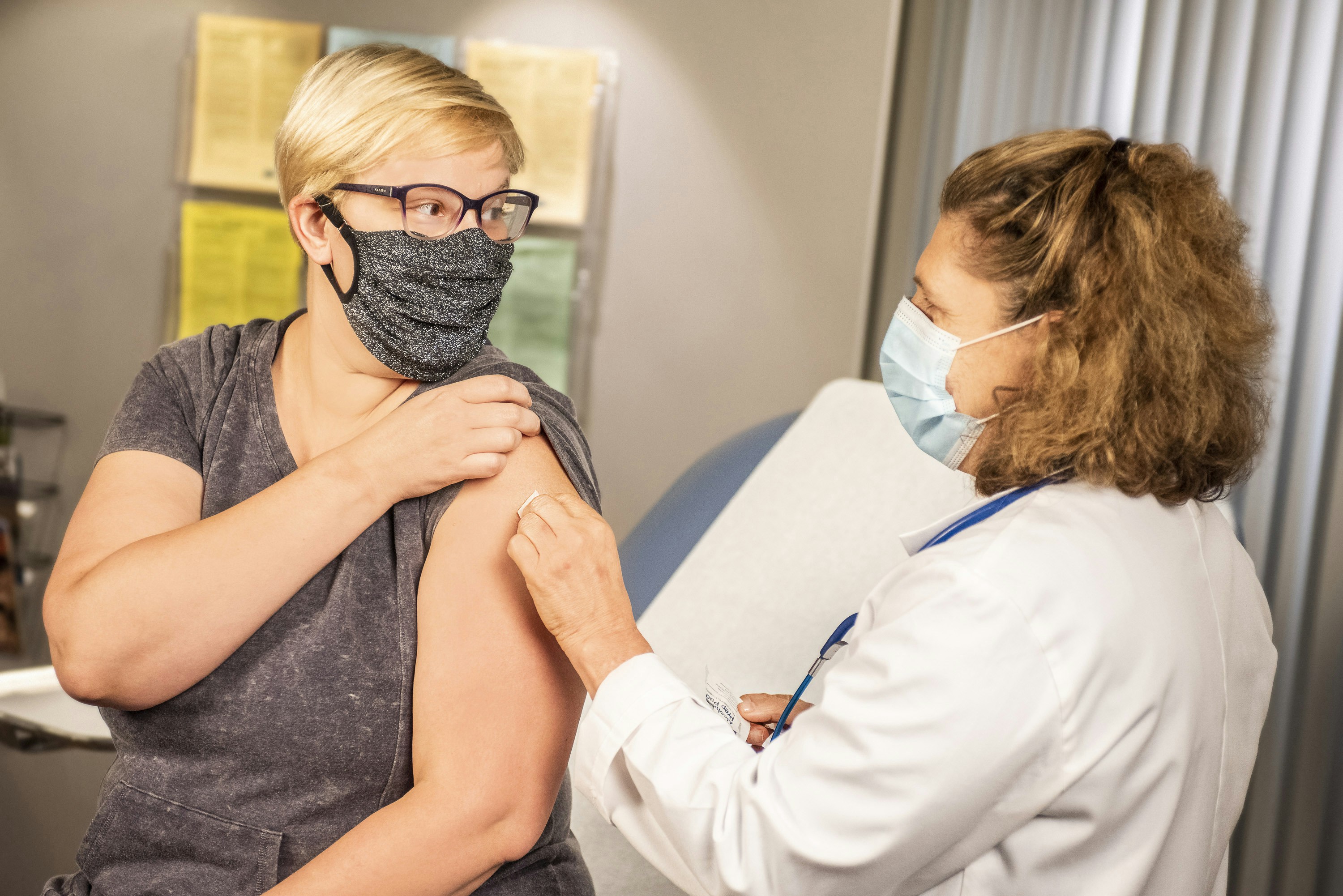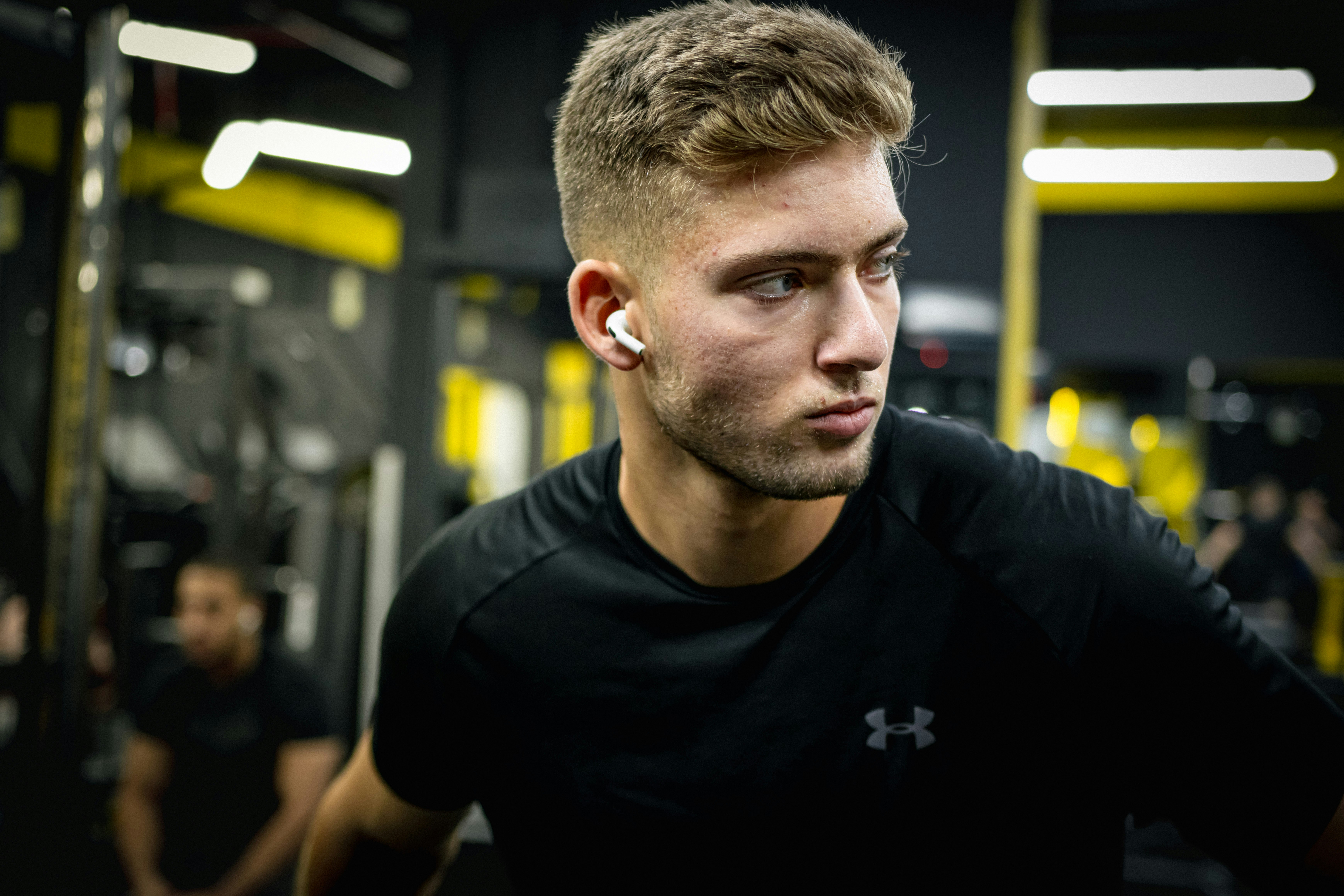Short version: Some of the most serious, preventable causes of hearing loss are infections. Vaccines cut the risk of illnesses like measles, mumps, rubella, shingles, pneumococcal disease, influenza, and meningitis—conditions that can inflame or permanently damage the delicate hearing structures. A few appointments could spare your ears years of trouble.
Why infections can steal your hearing
Your inner ear (the cochlea) and auditory nerve are tiny, high-performance tissues with minimal room for swelling, scarring, or interrupted blood flow. Certain viruses and bacteria can:
- Inflame the inner ear (labyrinthitis), injuring hair cells and the auditory nerve
- Trigger high fevers and immune reactions that stress inner-ear tissues
- Cause middle-ear infections and fluid buildup that reduce sound transmission
- Lead to meningitis, which can result in profound, permanent hearing loss and even ossification (bone formation) in the inner ear
Vaccines don’t just prevent a bad week in bed; they help you avoid complications that can alter your hearing for good.
The vaccines with the strongest ear-protection benefits
1) MMR (Measles, Mumps, Rubella)
Before vaccination, measles and mumps were well-known culprits of sensorineural hearing loss. Rubella can cause severe, permanent hearing loss when infection occurs during pregnancy (congenital rubella syndrome). The MMR vaccine dramatically reduced these outcomes.
Who typically needs it:
- Adults born in 1957 or later should have at least one documented MMR dose or other evidence of immunity. Some adults need two doses (e.g., students, healthcare workers, travelers). Discuss your status with your clinician if you’re unsure.
Why your ears care:
- Mumps can inflame the inner ear and auditory nerve, sometimes leading to sudden, permanent hearing loss—often on one side.
- Measles can cause ear infections and inner-ear damage.
- Rubella in pregnancy can result in congenital hearing loss in the baby (ensuring community immunity helps protect pregnant people and infants).
2) Shingles (Recombinant zoster vaccine, Shingrix)
Shingles is a reactivation of the varicella-zoster virus (the chickenpox virus). When it affects the ear region (Ramsay Hunt syndrome), it can cause facial weakness, severe ear pain, tinnitus, vertigo, and hearing loss.
Who typically needs it:
- Adults 50+ should get the 2-dose Shingrix series, even if they’ve had shingles before.
- Adults 19+ with weakened immune systems are also recommended to receive it.
Why your ears care:
- Preventing shingles reduces the risk of Ramsay Hunt syndrome and its hearing complications.
3) Pneumococcal vaccines (PCV20, or PCV15 followed by PPSV23)
Streptococcus pneumoniae causes pneumonia, bloodstream infections, meningitis, and ear infections. Severe pneumococcal disease can threaten hearing, especially when meningitis occurs.
Who typically needs it:
- Adults 65+: one dose of PCV20, or PCV15 followed by PPSV23 per current recommendations.
- Adults 19–64 with certain health conditions or risk factors (e.g., chronic heart, lung, or liver disease; diabetes; alcoholism; cigarette smoking; immunocompromise) may also be recommended.
Why your ears care:
- Pneumococcal meningitis can cause profound hearing loss.
- Reducing severe respiratory infections lowers the chance of ear-related complications.
4) Influenza (flu) vaccine
Influenza is more than a bad cold. It can lead to bacterial ear infections, inner-ear inflammation, and hospitalizations—especially in older adults and those with chronic conditions.
Who typically needs it:
- Everyone 6 months and older should be vaccinated every season, unless a clinician advises otherwise.
Why your ears care:
- Less flu means fewer ear infections and a lower risk of inner-ear inflammation, which can harm hearing and balance.
5) Meningococcal and Hib (in special situations)
Meningitis can permanently damage hearing in a matter of hours to days. While many meningitis vaccines are given in childhood, certain adults still need them.
Who typically needs it:
- Meningococcal (MenACWY/MenB): some travelers, first-year college students living in dorms if not up to date, military recruits, lab personnel working with the bacteria, and people with certain medical conditions (e.g., functional or anatomic asplenia, complement deficiencies).
- Hib: certain adults with specific medical indications (e.g., after stem cell transplant or with asplenia) per clinician guidance.
Why your ears care:
- Meningitis is a major cause of profound, permanent hearing loss. Preventing it is ear protection at its most powerful.
6) COVID-19 vaccines
Evidence continues to evolve, but we know severe systemic infections and hospitalizations can increase risks to hearing and balance, and COVID-19 can involve the inner ear in some cases. Staying up to date helps reduce the odds of severe illness.
Who typically needs it:
- Follow current public health guidance for your age, health status, and timing since your last dose.
Why your ears care:
- Lowering the risk of severe infection lowers the chance of ear-related complications.
What should adults actually get? A practical, no-guilt checklist
Use this as a conversation starter with your primary care clinician or pharmacist. They’ll tailor it to your health conditions, medications, and travel plans.
- Every year: Influenza vaccine
- Once in adulthood if needed: MMR (if born in 1957 or later and lack evidence of immunity; some may need two doses)
- At 50+ (or 19+ if immunocompromised): Shingrix (2-dose series)
- At 65+ (or 19–64 with qualifying conditions): Pneumococcal vaccination (PCV20 alone, or PCV15 then PPSV23 per guidance)
- When indicated: Meningococcal and Hib for specific risk groups; travel vaccines as advised
- Stay current: COVID-19 vaccines per the latest recommendations
If you don’t have records handy, your state’s immunization registry or your pharmacy may be able to help reconstruct your history.
Already have hearing loss or tinnitus? Vaccines still matter
Even if you live with hearing loss or tinnitus, preventing future ear infections and severe systemic illness can help you preserve the hearing you have and reduce symptom flares. Fewer infections also mean fewer courses of antibiotics, which matters because some drugs carry ototoxic (ear-risk) potential. If you’re concerned about specific medications, discuss risks and alternatives with your prescriber—don’t stop a prescribed medicine without guidance.
Travel, dorms, and other high-exposure settings
- International travel: Check vaccine needs 4–6 weeks ahead. Some destinations increase meningococcal or measles exposure risk.
- College dorms and group living: Make sure MMR is up to date. MenACWY may be recommended if not received at the appropriate age.
- Healthcare, lab, or military work: Occupational requirements may include MMR, influenza, meningococcal, and others.
Common worries, answered
“Can vaccines cause hearing loss?”
Severe adverse events after vaccination are rare. Large safety systems monitor for patterns, and to date there’s no robust evidence that routinely recommended vaccines cause hearing loss in the general population. By contrast, the diseases they prevent—especially measles, mumps, rubella in pregnancy, pneumococcal disease, and meningitis—are well-documented causes of permanent hearing loss. If you’ve had a prior reaction to a vaccine, your clinician can help decide the safest plan.
“I’m healthy. Do I really need these?”
Yes. Age is a risk factor for severe infections, and even healthy adults can encounter outbreaks or travel-related exposures. Vaccines add a layer of protection that your ears benefit from directly and indirectly.
“I hate shots.”
Fair. Many pharmacies offer walk-in, quick appointments with tiny needles. You can ask about combination scheduling (e.g., pairing flu and COVID-19) to get it done in one visit when appropriate.
Protecting your ears during and after illness
If you do get sick, take care of your ears while you heal:
- Stay hydrated and rest—fatigue and dehydration can worsen dizziness and tinnitus.
- Avoid very loud environments; your ears may be more sensitive during recovery.
- Seek prompt care for severe ear pain, ear drainage, high fever, stiff neck, new facial weakness, or sudden changes in hearing.
- If you notice new or worsening tinnitus or hearing difficulty after an illness, book a hearing evaluation with an audiologist. Early assessment can guide supportive care and next steps.
When to call an audiologist or ENT
- Sudden change in hearing (in one or both ears)
- New, persistent tinnitus after a viral or bacterial illness
- Recurring ear infections or ongoing ear fullness after you’ve recovered
- Severe ear pain, facial weakness, or a blistering rash around the ear (possible Ramsay Hunt—seek urgent medical evaluation)
Gentle reminder: online articles are educational, not diagnostic. If something feels off with your hearing, it’s worth a professional look.
Your 10-minute action plan
- Open your patient portal or call your pharmacy to view past vaccinations.
- Make a simple list: influenza (last date), shingles (Shingrix dose 1 and 2), pneumococcal (which type and date), MMR (any doses), meningococcal/Hib (if applicable), COVID-19 (last dose).
- Schedule what’s missing—your local pharmacy can administer most adult vaccines.
- Pair it with a baseline hearing test if you haven’t had one in the last 2–3 years, or sooner if you’ve noticed changes.
Small steps today can prevent big hearing challenges tomorrow. Your future self will thank you.
Frequently Asked Questions
Can the flu actually affect my hearing?
Yes. Influenza can lead to middle-ear infections and, less commonly, inner-ear inflammation that affects hearing and balance. Annual flu vaccination lowers your risk of getting sick and developing these complications.
I wear hearing aids. Should I do anything different with vaccines?
No special changes are needed. In fact, staying current on vaccines helps you avoid infections that can worsen hearing or trigger tinnitus flares. If you notice new hearing changes after an illness, schedule a follow-up with your audiologist to check your devices and your hearing.
Which vaccines matter most for adults 50 and older?
For many adults 50+, Shingrix (to prevent shingles) and annual influenza vaccines are key. At 65+, pneumococcal vaccination is also recommended. Depending on your history, you may need MMR and COVID-19 updates as well. Your clinician can customize the plan for your health profile.
I’m planning international travel. Could a vaccine protect my hearing?
Yes. Outbreaks of measles or meningococcal disease in some regions can pose a hearing risk if you become infected. A pre-travel consult can confirm you’re up to date on MMR, meningococcal, influenza (in season), and other destination-specific vaccines.
References
- CDC: Measles, Mumps, and Rubella (MMR) Vaccination
- CDC: Pneumococcal Vaccination for Adults
- CDC: Haemophilus influenzae type b (Hib) Vaccination
- Mayo Clinic: Ramsay Hunt Syndrome (Herpes Zoster Oticus)



